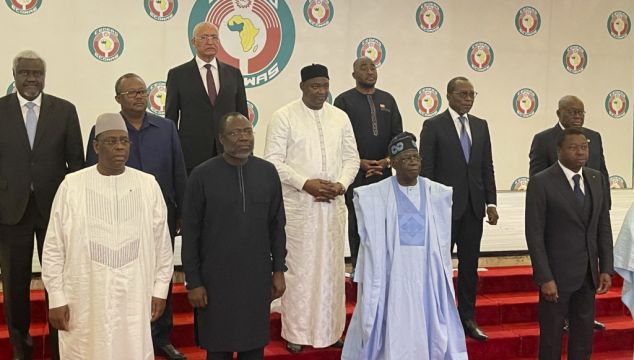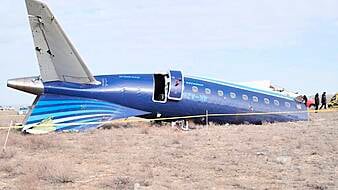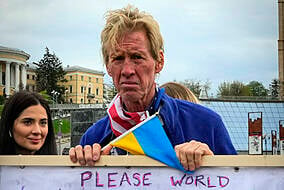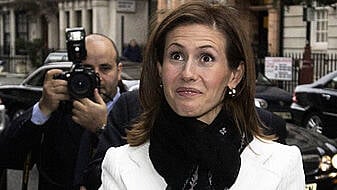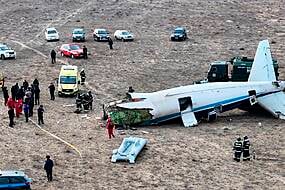West African nations have given Niger’s coup leaders one week to reinstate the country’s democratically elected president and have threatened to use force if the demands are not met.
The announcement came at the end of an emergency meeting of West African countries on Sunday in Nigeria, where the regional bloc, known as ECOWAS, convened to respond to last week’s military takeover.
President Mohamed Bazoum remains under house arrest and has yet to resign.
“In the event the authority’s demands are not met within one week, (the bloc will) take all measures necessary to restore constitutional order in the Republic of Niger. Such measures may include the use of force,” said the statement.
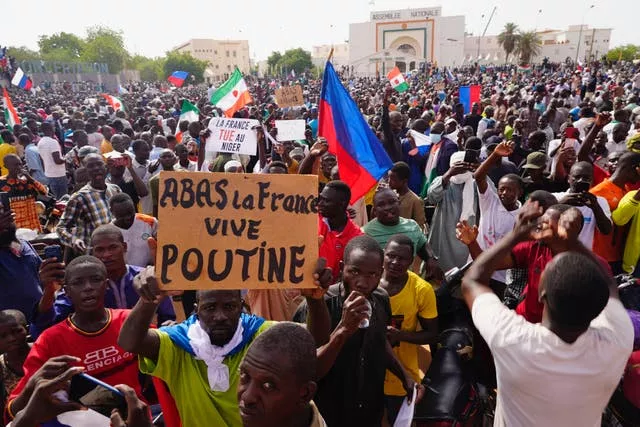
The bloc also imposed strict sanctions, including suspending all commercial and financial transactions between ECOWAS member states and Niger and freezing of assets in regional central banks.
Economic sanctions could have a deep impact on Nigeriens, who live in the third-poorest country in the world, according to the latest UN data. The country relies on imports from Nigeria for up to 90% of its power, according to the International Renewable Energy Agency.
The sanctions could be disastrous and Niger needs to find a solution to avoid them, the country’s Prime Minister Ouhoumoudou Mahamadou told French media outlet Radio France Internationale on Sunday.
“When people say there’s an embargo, land borders are closed, air borders are closed, it’s extremely difficult for people … Niger is a country that relies heavily on the international community,” he said.
If the regional bloc uses force, it could trigger violence not only between Niger and ECOWAS forces but also civilians supporting the coup and those against it, Niger analysts say.
“While this remains to be a threat and unlikely action, the consequences on civilians of such an approach if putschists chose confrontation would be catastrophic,” said Rida Lyammouri, senior fellow at the Policy Centre for the New South, a Morocco-based think tank.
Lyammouri also said he does not see a “military intervention happening because of the violence that could trigger.”

US Secretary of State Antony Blinken joined the bloc in calling for the immediate release of Mr Bazoum and his family.
The military junta, which seized power on Wednesday when members of the presidential guard surrounded Mr Bazoum’s house and detained him, is already cracking down on the government and civil liberties.
On Sunday evening it arrested four government officials, including Mahamane Sani Mahamadou, the minister of petroleum and son of former president Mahamadou Issoufou; Kassoum Moctar, minister of education; Ousseini Hadizatou Yacouba, the minister of mines, and Foumakoye Gado, the president of the ruling party, according to a Nigerien analyst who did not want to be named for fear of reprisal.
The same night, junta spokesman Col Maj Amadou Abdramane said on state television that all government cars need to be returned by midday Monday and banned the use of social media to diffuse messages against state security.
He also claimed that Mr Bazoum’s government had authorised the French to carry out strikes to free Mr Bazoum.
In anticipation of the ECOWAS decision on Sunday, thousands of pro-junta supporters took to the streets in the capital, Niamey, denouncing its former colonial ruler, France, waving Russian flags and telling the international community to stay away.
